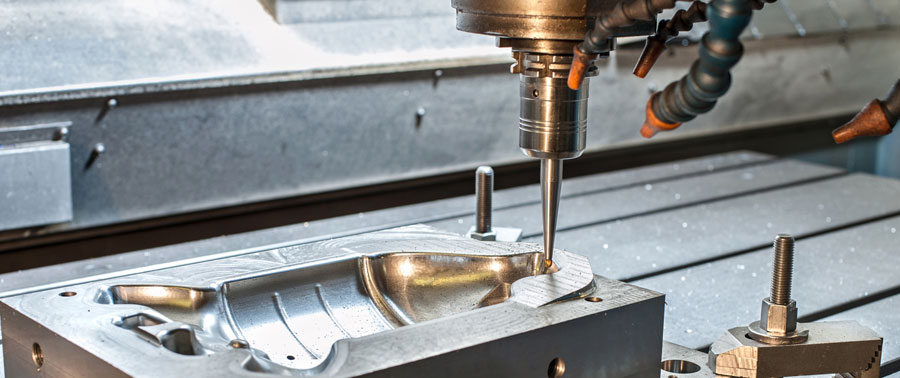Cast iron and aluminum are two popular materials widely used in various industries for different purposes. Both materials have their own unique advantages that make them suitable for specific applications. In this article, we will compare the advantages of cast iron and aluminum and discuss the areas where each material excels.
Cast iron is a strong and durable material that has been used for centuries. It is known for its excellent heat retention and even heat distribution. This makes it ideal for cooking applications, such as frying pans and Dutch ovens. Cast iron cookware is favored by many chefs and home cooks for its ability to provide consistent and uniform heat, resulting in perfectly cooked meals. Additionally, cast iron is highly resistant to warping, making it a reliable choice for long-term use.
Another advantage of cast iron is its versatility. It can be used for a wide range of applications, including industrial machinery, construction, and automotive parts. Cast iron is a cost-effective material that offers excellent strength and reliability. It is capable of withstanding heavy loads and high temperatures, making it suitable for demanding environments. Its ability to absorb and dampen vibrations makes it particularly useful for applications where noise reduction is essential.
On the other hand, aluminum is a lightweight material known for its high strength-to-weight ratio. It is widely used in the aerospace and automotive industries for its ability to reduce weight without compromising on strength. Aluminum also has excellent corrosion resistance, making it suitable for outdoor and marine applications. The low density of aluminum makes it easy to handle and transport, reducing costs and improving efficiency.
One of the significant advantages of aluminum is its exceptional thermal conductivity. It quickly conducts and distributes heat, making it an excellent choice for heat exchangers and cooling systems. Its ability to dissipate heat efficiently makes it popular for electronic components, such as heat sinks. Additionally, aluminum is highly malleable, allowing it to be easily formed into complex shapes. This makes it suitable for manufacturing processes like casting, extrusion, and forging.

Furthermore, aluminum has a natural oxide layer that provides protection against corrosion. This eliminates the need for additional coatings or treatments, reducing maintenance requirements and costs. Aluminum is also recyclable, making it an environmentally friendly choice. It can be melted and reused without losing its original properties, contributing to the sustainability efforts of various industries.
In conclusion, both cast iron and aluminum have their own advantages that make them suitable for specific applications. Cast iron is known for its excellent heat retention, durability, and versatility. It is widely used in cookware, machinery, construction, and automotive parts. On the other hand, aluminum is praised for its lightweight, high strength-to-weight ratio, excellent thermal conductivity, and corrosion resistance. It is extensively used in aerospace, automotive, and electrical industries. The choice between cast iron and aluminum ultimately depends on the specific requirements of the application and the desired properties of the material.
-

- Magnesium alloy die-casting Auto parts Side step Running board
-

- Ultralight suspension fork for MTB
-

- Magnesium alloy foundry parts bicycle wheel with CNC machining & surface finishing
-

- High precision magnesium alloy die casting parts for automotive ignition lock
-

- โลหะผสมแมกนีเซียม thixomolding ชิ้นส่วน UAV หล่อขึ้นรูป
-

- ชิ้นส่วนและส่วนประกอบกลึง CNC

 0086-750-5616188
0086-750-5616188 +86 13392089688
+86 13392089688 sales@zhongmei-tech.com
sales@zhongmei-tech.com







